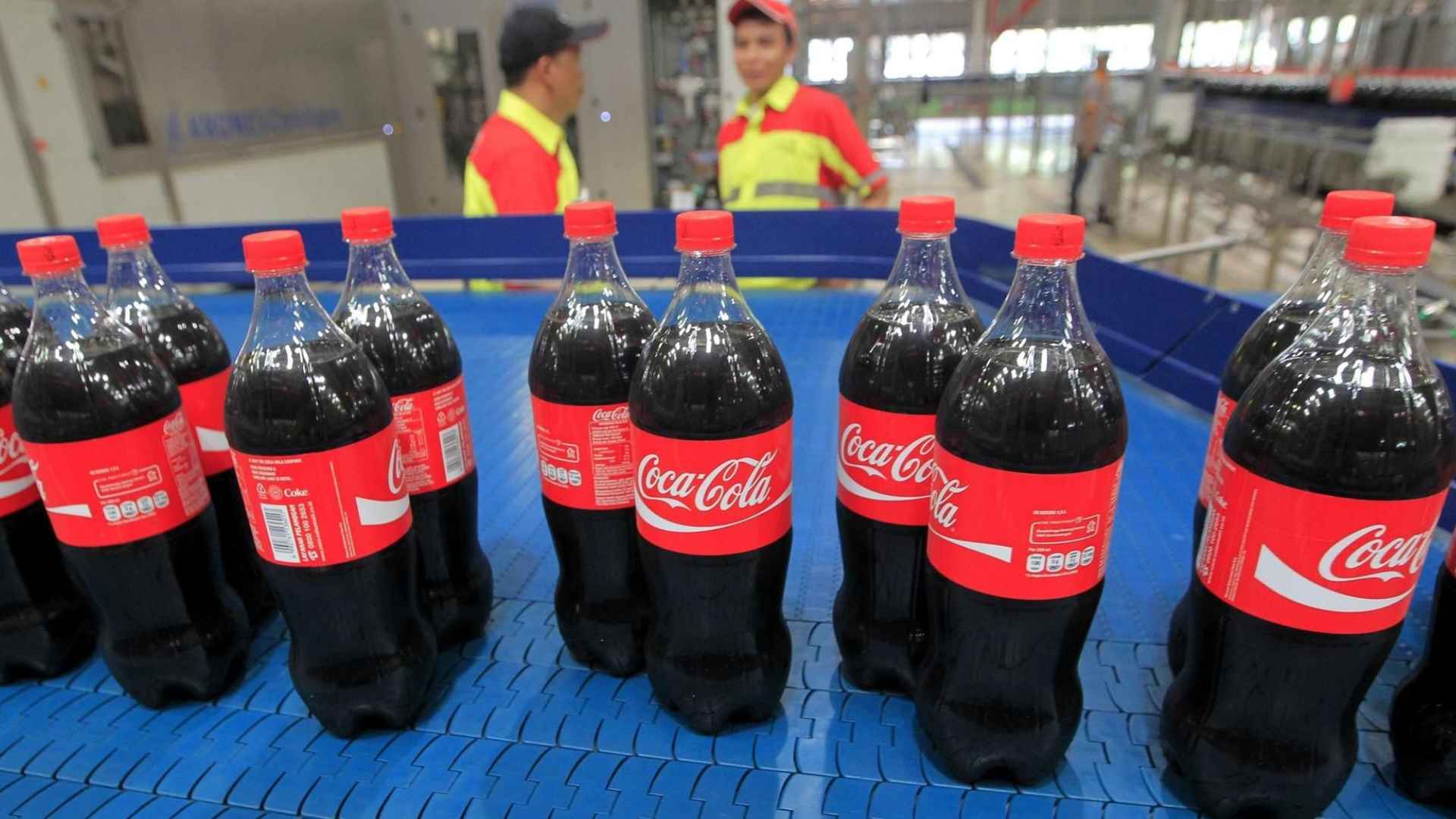India has introduced a groundbreaking rule that compels major beverage companies to use recycled materials in their PET bottles. This shift aims to reduce plastic waste and encourage innovative packaging solutions.
Starting April 1, 2025, Coca-Cola, PepsiCo, and other beverage giants must use PET bottles containing at least 30% recycled plastic, with the requirement rising by 10% each year until it reaches 60% by 2028-29. This policy seeks to develop a circular economy in which plastic bottles are collected, recycled, and turned into new products. However, some industry leaders are already voicing concerns about short-term cost increases and capacity challenges.
Why the new recycled material requirement is critical for environmental progress
India’s latest move targets one of the most visible forms of plastic pollution. By mandating recycled content, officials hope to lower production of virgin plastic and promote responsible waste management. If the plan succeeds, fewer bottles will end up in public spaces, landfills, or waterways, offering a cleaner environment for everyone. Wondering if this measure will truly improve recycling rates? Many advocates believe so, as the rule demands immediate and measurable compliance from beverage makers.
Potential challenges faced by beverage companies amid limited production capacity
The Food Safety and Standards Authority of India currently authorizes only five plants to produce food-grade recycled PET, and combined, these facilities supply just 15% of average demand. On the other hand, PET bottles make up nearly 70% of beverage packaging in the country.
This bottleneck could lead to delays and higher operational expenses, as businesses scramble to secure enough recycled material. According to one unnamed executive, “We may have to take legal recourse and take anticipatory stay if the deadline is not extended.” Below is a simple table highlighting the phase-in plan:
| Phase (Fiscal Year) | Required Recycled Content |
|---|---|
| 2025-26 | 30% |
| 2026-27 | 40% |
| 2027-28 | 50% |
| 2028-29 | 60% |
The table shows how each year’s requirement steadily increases, pushing companies to adopt greener strategies.
Possible impact on everyday consumers and eventual expected price adjustments
In the short term, ordinary buyers could see a slight spike in beverage costs, as some experts predict a 30% rise in production expenses. Nevertheless, supporters of the regulation believe prices might stabilize over time, especially if more plants begin producing food-grade recycled PET. Have you thought about how this change could inspire the development of plant-based or biodegradable alternatives? Many environmental advocates see such innovation as the next big leap in packaging.
India’s bold policy challenges beverage giants to transform their packaging and reduce plastic waste. While some companies consider taking legal action, the end goal of creating a sustainable circular economy remains. If capacity can be expanded and consumer costs managed, this regulation may well pave the way for a cleaner future.

